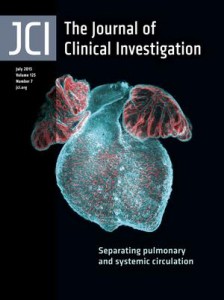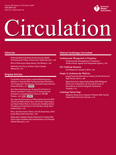 A major correction has been posted for an update to international guidelines on reporting outcomes of people receiving cardiopulmonary resuscitation (CPR).
A major correction has been posted for an update to international guidelines on reporting outcomes of people receiving cardiopulmonary resuscitation (CPR).
Circulation published the paper online in 2014; the correction was issued before it appeared in print, in the journal’s September 29, 2015 issue. “When reviewing the final proof for print publication, the author noticed some errors and requested changes,” according to a spokesperson for the journal’s publisher, the American Heart Association.
The notice is so long, we’re only including the first paragraph, most of which is taken up by just the title of the paper:
Continue reading Mega-correction for updated CPR reporting guidelines
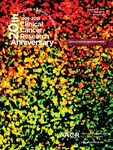
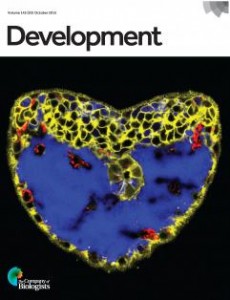 We’ve uncovered a “
We’ve uncovered a “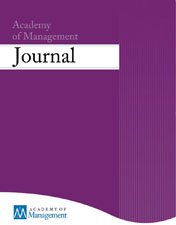 The author of a paper that looked at how the geographical spread of research and development sites has impacted innovation has posted a four-page list of corrections that fixed “empirical anomalies” in the paper.
The author of a paper that looked at how the geographical spread of research and development sites has impacted innovation has posted a four-page list of corrections that fixed “empirical anomalies” in the paper.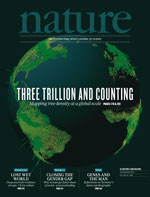
 Another retraction and a correction that retracts two figures — ie, a partial retraction — have been posted for
Another retraction and a correction that retracts two figures — ie, a partial retraction — have been posted for  It may not be much of a surprise that narcissistic CEOs of pharmaceutical companies will make bold choices, such as adopting radically new technology. That idea remains true, despite a lengthy correction to a paper that supports it.
It may not be much of a surprise that narcissistic CEOs of pharmaceutical companies will make bold choices, such as adopting radically new technology. That idea remains true, despite a lengthy correction to a paper that supports it.
